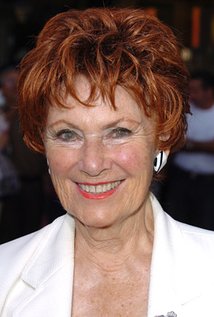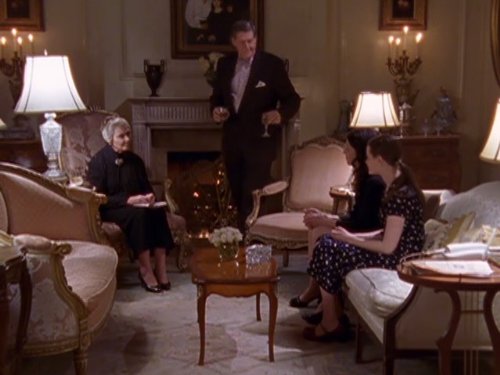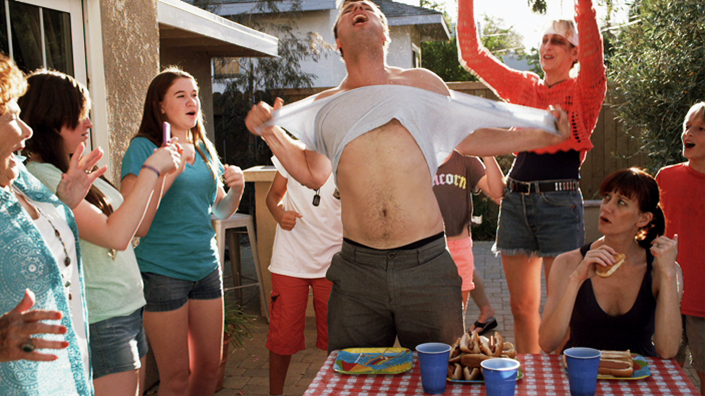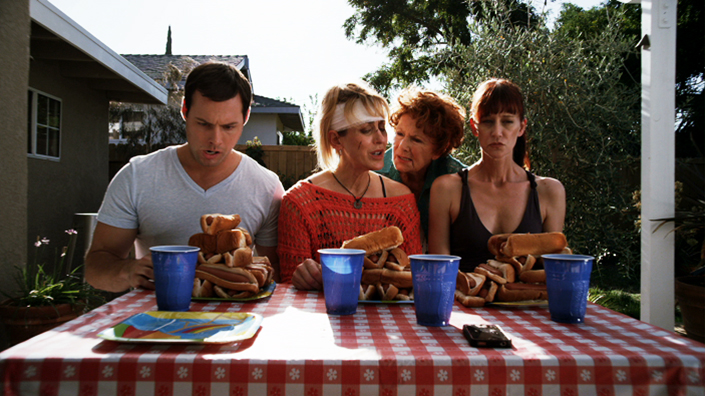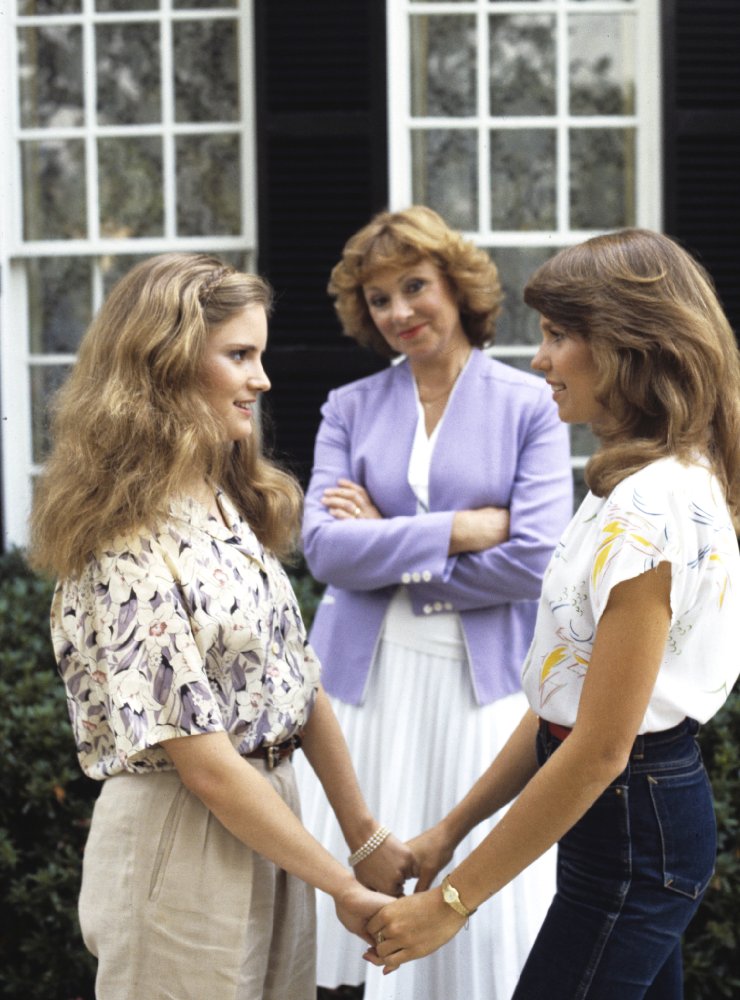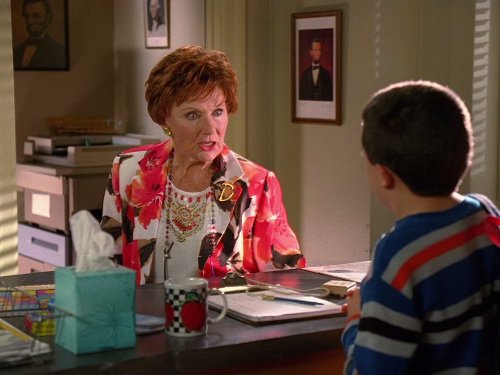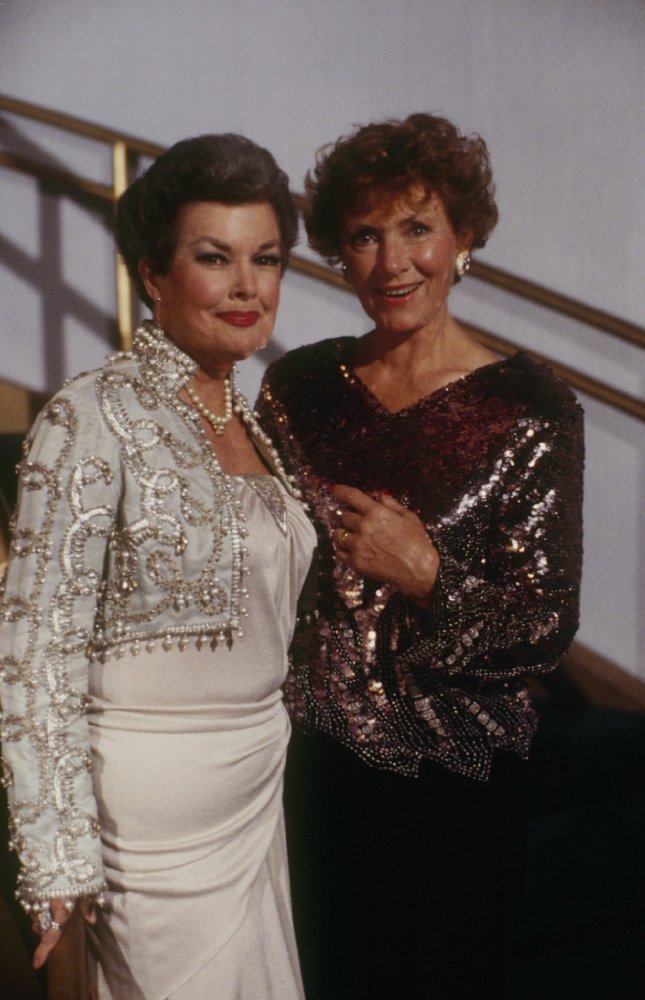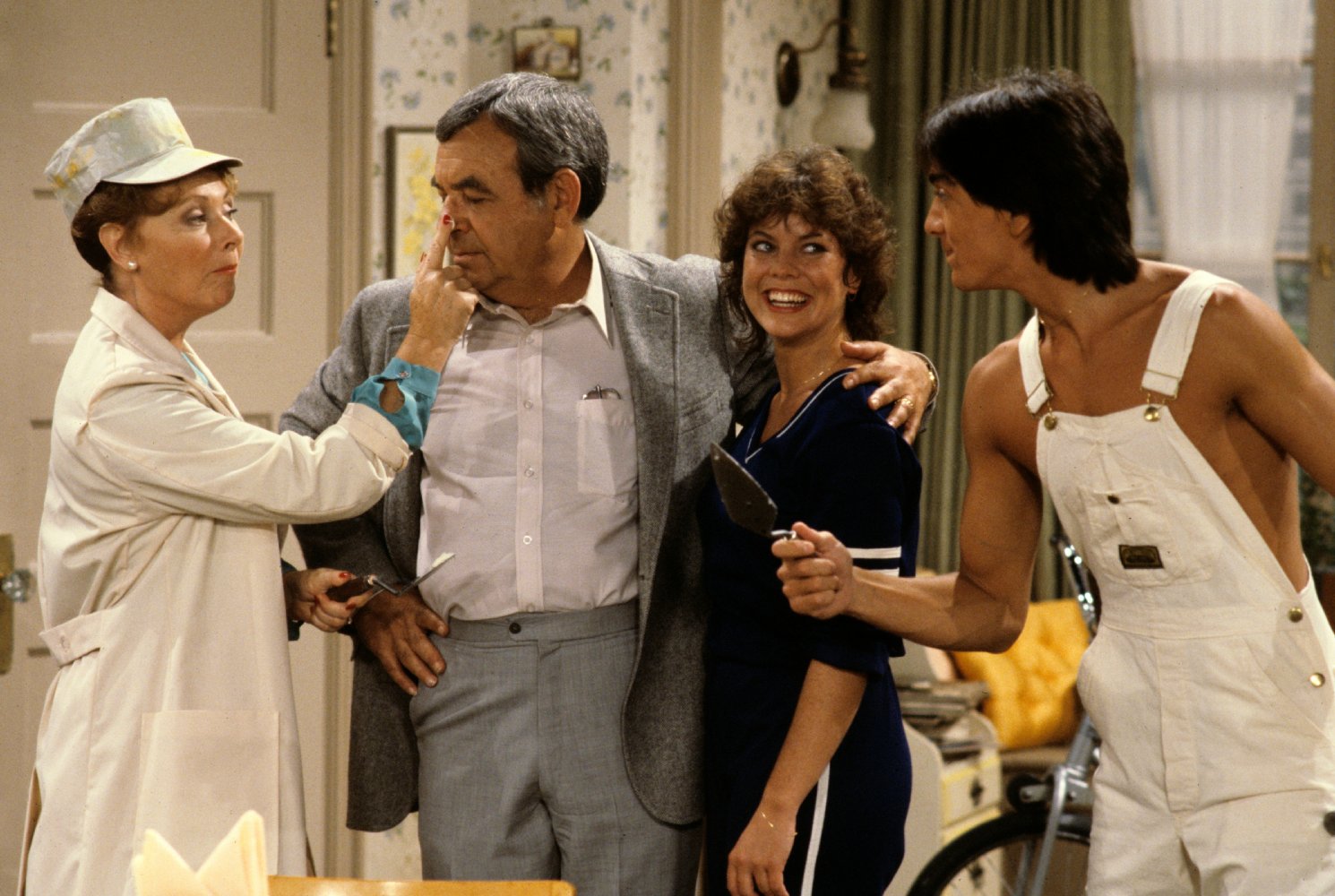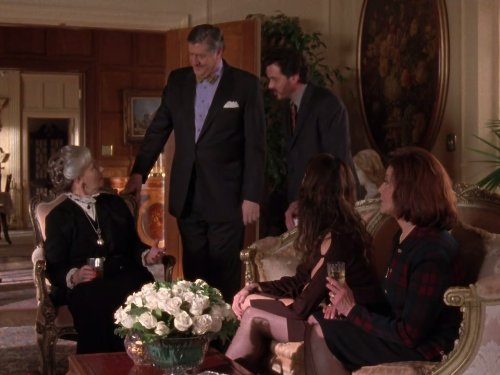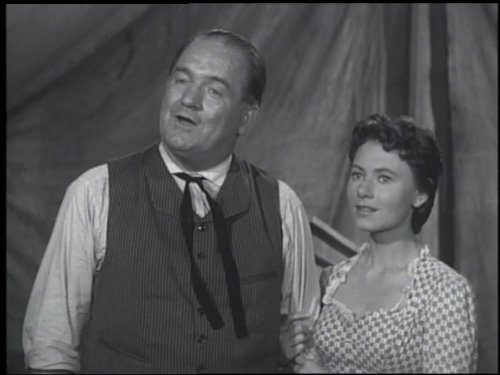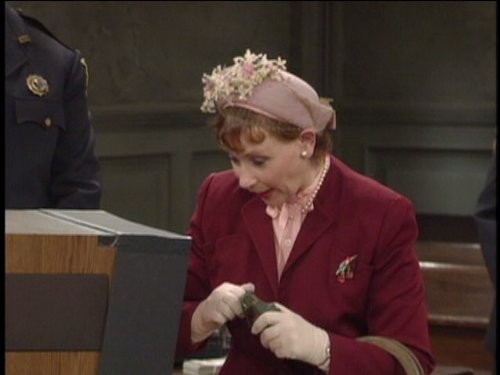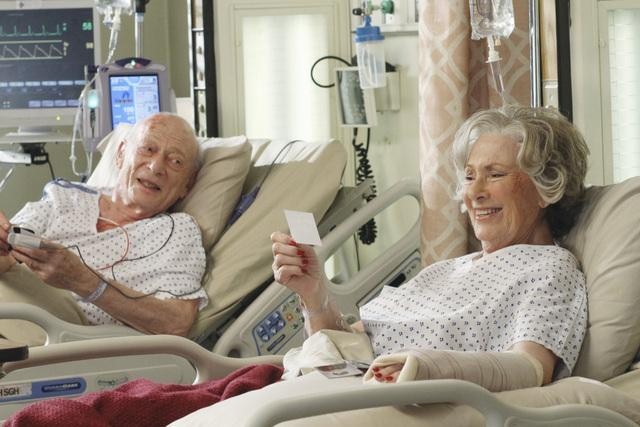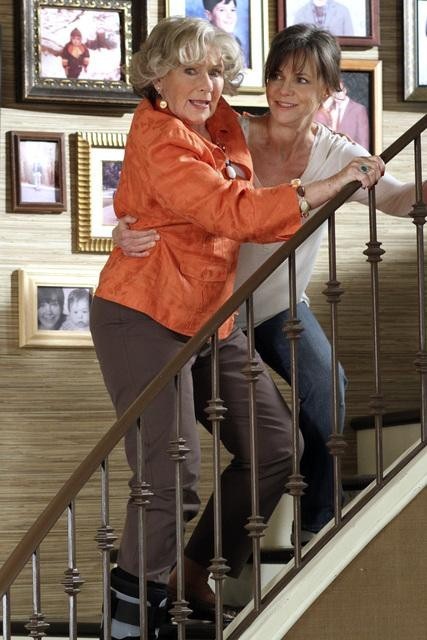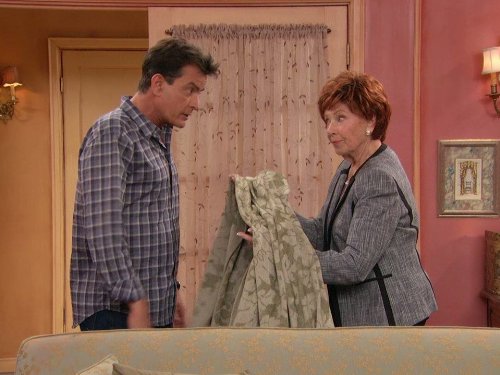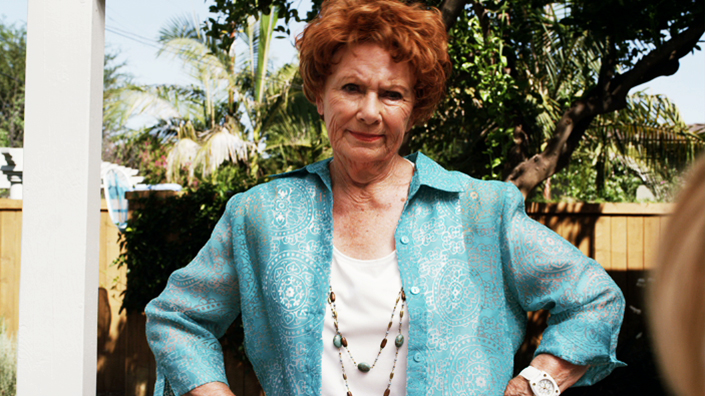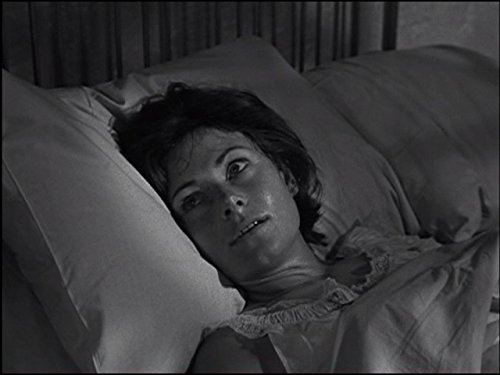The lovely, continuously upbeat and iconic All-American mom from the classic Happy Days (1974) TV sitcom had fervent desires of becoming an actress while growing up in her obscure Minnesota town. Born Marian Ross (with an "a") in 1928, she grew up in her native state and, at one time, worked as a teenage au pair in order to earn money for drama lessons at the MacPhail Center in Minneapolis. The family eventually relocated to San Diego (she was in her late teens) and Marion attended and graduated from Point Loma High School.Changing her stage moniker to Marion (with an "o") Ross because it read classier to her, the young hopeful enrolled at San Diego University and appeared in the theater department's various productions. Graduating in 1950, Marion worked in summer theater in and around the San Diego area, including the Old Globe Theatre. She then managed to land a Paramount Studio contract with the assist of an old college professor and found a few unbilled parts to play as various actress, tourist and girlfriend types in a variety of films such as The Glenn Miller Story (1954), Secret of the Incas (1954), Sabrina (1954) and Pushover (1954). At the same time, she won a regular role as the Irish maid "Nora" in the Victorian-TV comedy Life with Father (1953) which ran a couple of seasons and was headed by Leon Ames and Lurene Tuttle. This program happened to be the first live color series for network Hollywood TV. Not your conventional leading lady type, Marion landed slightly larger parts in such movies as The Proud and Profane (1956), Lizzie (1957), Teacher's Pet (1958) and Operation Petticoat (1959), but any and all attempts to move further up the Hollywood film ladder proved a long-lasting frustration. Marking her Broadway debut in 1958 with a role in "Edwin Booth" starring José Ferrer, Marion nevertheless continued to focus on TV work. Throughout the 1960s, she appeared in a fairly steady amount of shows, both comedies and dramas, including Father Knows Best (1954), Rawhide (1959), Route 66 (1960), The Outer Limits (1963), The Felony Squad (1966) and The Brady Bunch (1969). By the end of the decade, however, she was still disillusioned, but now she was divorced from her husband of 18 years, Freeman Meskimen, and struggling to raise two children. Middle-aged stardom came to her (in her 46th year) with the nostalgic sitcom series Happy Days (1974), which arrived on a wave of 50s popularity triggered by the huge box-office reception to the film American Graffiti (1973). The show starred "Graffiti" lead Ron Howard and co-starred Henry Winkler as "The Fonz". Marion was ideally paired with Tom Bosley, who expertly played her beleaguered hubby. The series became a certifiable hit and Marion's ever-pleasant "Marion Cunningham" the new, slightly blended version of Lucille Ball's ditzy and Barbara Billingsley's pristine perfect moms. Two Emmy nominations came Marion's way during the show's long tenure (ten seasons).Following the demise of such an exalting hit, many actors often find themselves either resting on their laurels or witnessing a sad decline in their career. Not Marion. She continued to pursue her career assertively and challengingly and the critics kept taking notice. She earned terrific reviews for her recurring The Love Boat (1977) role in 1986, and enjoyed standard guest turns on Night Court (1984), MacGyver (1985), Burke's Law (1963) and (the revived) "Superman". One of Marion's finest hours on TV occurred with her role as the obstinate, iron-willed Jewish matriarch in the Brooklyn Bridge (1991) series, which neatly deflected any broad, daffy stereotype she might have incurred from her Happy Days (1974) role. Irritating yet ingratiating at the same time, Marion's fine interpretation garnered the veteran actress two more Emmy nominations. Sadly, a lack of viewership triggered an abrupt cancellation and deep disappointment in Marion. While never making a strong dent in films, an excellent supporting turn for Marion came in the form of her moving portrayal of Shirley MacLaine's loyal housekeeper and confidante in The Evening Star (1996), the long-awaited sequel to the Oscar-winning Terms of Endearment (1983). Critics predicted an Academy Award nomination for the actress but, surprisingly, it did not pan out. Other films over the years have included Colossus: The Forbin Project (1970); Grand Theft Auto (1977), which starred Happy Days (1974) son Ron Howard (who also made his directorial debut); and, more recently, Music Within (2007) and the silly spoof Superhero Movie (2008).In her post-"Happy Days" years, Marion reinvigorated her career on the stage. As a result, she earned renewed acclaim and respect for her roles in "Arsenic and Old Lace" (which brought her back to Broadway), "Steel Magnolias", "Long Day's Journey Into Night", "The Glass Menagerie", "Pippin" and "Barefoot in the Park", among others. She also toured with her one-woman show as poet Edna St. Vincent Millay entitled "A Lovely Light". On TV, Marion found recurring flinty-like roles on Touched by an Angel (1994) (a fifth Emmy nomination), That '70s Show (1998), The Drew Carey Show (1995), Gilmore Girls (2000) and Brothers & Sisters (2006) and also provided a voice in the cartoon "Spongebob Squarepants" as Spongebob's grandmother. The ever-vital copper-haired octogenarian continues to reside at her country-style home she calls the "Happy Days Farm" in California's San Fernando Valley.
Show less «

